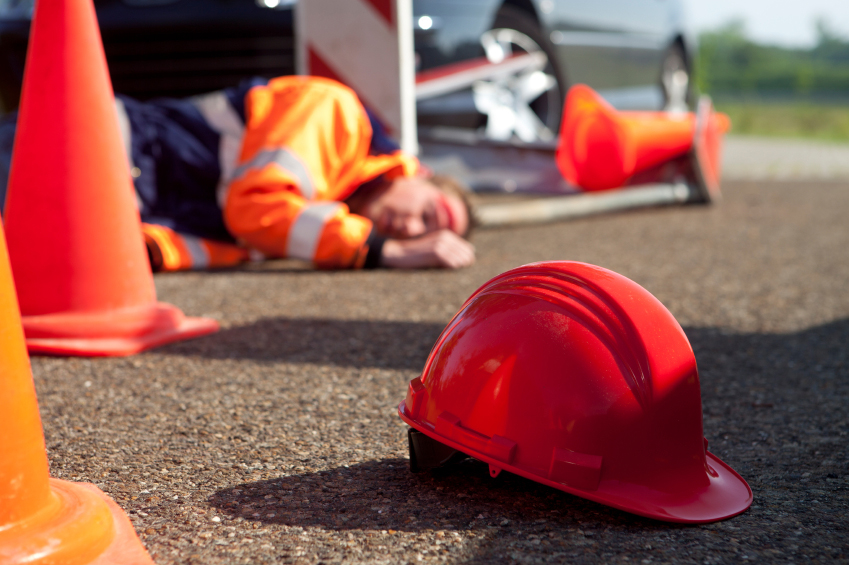If your employer has hired you as an employee then their rights, in terms of what they can expect from you will be laid out in your contract of employment: your hours of work; the nature of your role; procedures for granting holiday requests; their payment of tax and national insurance on your behalf etc.
However in entering into an employer-employee relationship with you, they are expected to meet certain conditions under that very same contract. These requirements are not written down in your contract: they are called implied terms and exist because your employer engaged you as an employee. As a matter of law, your employer is required to take reasonable care for your safety. This is quite a broad obligation that the law imposes on your employer and it includes:
- Taking reasonable care to provide you with a safe environment to work in; and
- Taking reasonable care to give you equipment that will allow you to perform your duties Lawyers often describe this as 'proper plant';
Your employer's obligation to take reasonable care for your safety is a general one, meaning that it not only applies to you and what you do in work, but also how you do your job i.e. telling you when to use safety equipment and showing you how to use them.
It is very important to note that your employer's responsibility to protect you from harm is not limited to physical harm, and also includes psychiatric harm. This does not mean that your employer will not be fulfilling their obligations if you are struggling with your role – employers are entitled to expect that their employees can cope with the day-to-day chores of their role. There will however be reason for concern if your employer knows that you are particularly vulnerable to mental fatigue, and has not taken measures to account for this.
You should be aware that there are limitations as to what your employer can be expected to do, and the law reflects this. All that the law requires, generally speaking, is that your employer maintains the standards of a reasonable employer. In other words, your employer will not have breached their legal obligations if they fail to prevent anyone from ever being harmed – that would be impossible and would be a disproportionate obligation that no employer could ever meet.
Need more advice? Call free today 01252354412




